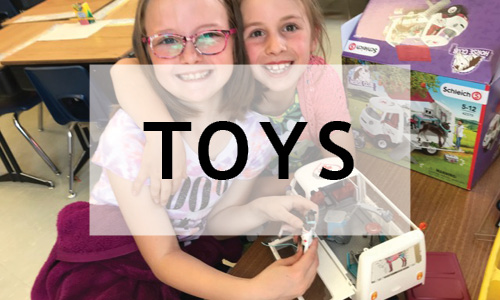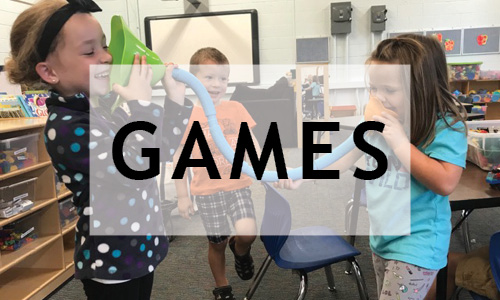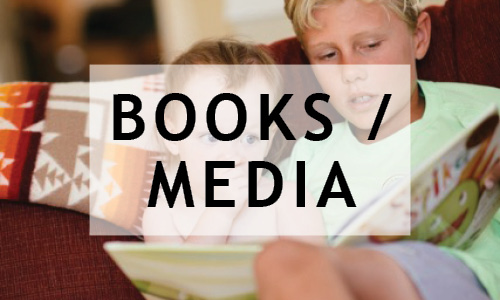 As I have mentioned before, I have several 3-5 year-olds on my caseload right now who are working on articulation goals and mastering sounds as they move toward carryover. Because every child is different–some learn their sounds and easily carry them over into conversation and others find it a hard process–I thought I would look for some resources for new ideas and methods to help.
As I have mentioned before, I have several 3-5 year-olds on my caseload right now who are working on articulation goals and mastering sounds as they move toward carryover. Because every child is different–some learn their sounds and easily carry them over into conversation and others find it a hard process–I thought I would look for some resources for new ideas and methods to help.
I purchased Pam Marshalla’s book, “Carryover Techniques in Articulation and Phonological Therapy” which claims, “Hundreds of ideas from research and practical experience.” I had attended Pam’s workshop and found it to be excellent so I thought I would share some ideas I find helpful from her book and points I agree with after doing therapy for 35 years.
Even though I keep up relationships with other SLP’s, being in private practice can be isolating at times, as I miss the sharing of ideas and collaboration I had with other professionals when working in the schools for many years. That’s why reading Pam’s book was fun to feel reinforced in what I do and observe through years of articulation therapy. Here are some of her points that resonated with me:
- Carryover of articulation or phonological skills can be compared to acting–kids must use their new skills in their everyday life
- Overgeneralization can be “a beneficial skill because it signals a clumsy beginning to the generalization or carryover process.” How many times do we cringe when our kids working on/sh/ start using their new production for every /s/ too? I guess we can calm down.
- Many research studies regarding carryover are included in Pam’s book which are helpful including one that had SLP’s rank the most effective carryover techniques, naming self-monitoring the most effective. I love to play games right away where my little clients give me a thumbs up or down according to their productions and mine (of course they love when I mess up!).
- Carryover is part of a balance achieved in a therapy session, that of drill-like rehearsal and play. I agree with this point and start my sessions with “warm-up” time where I often use “Articulation Station” or “Speech Box” apps to go through a child’s target phonemes in the word position and level they are working on. Then we move to a board game, craft, or book for re-tell to practice their sounds.
- Carryover begins the first day of therapy! This is a great point emphasizing that from the first day, kids should know what sound they are working on so they can focus on and listen for it “as he will be connecting his speech work into his life.”
- Parents are busy so choose carryover requests wisely. I agree with this and learned this the hard way. Parents won’t practice unless it is simple and easy to add to their routine. I agree with Pam that “using key words works best.” Before Christmas I gathered a busy mom and dad of a boy working on /sh/around the Christmas tree and played a game of “Guess where an ornament is?” using the carrier phrase, “You should find______” It was such a simple activity that they couldn’t forget it.
- Patience is critical to achieving carryover. Okay that’s not my best attribute so thanks for the reminder! I get so excited that my little client is producing a correct sound that I want him to say it all the time. Pam shares that she reminds herself of how hard it is to change the way we have been doing something by writing her name with her non-dominant hand several times to feel how difficult it is to change.



